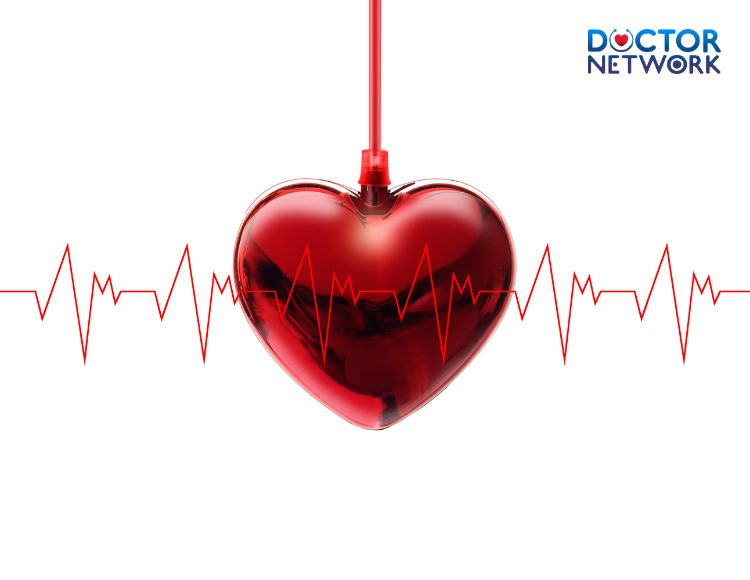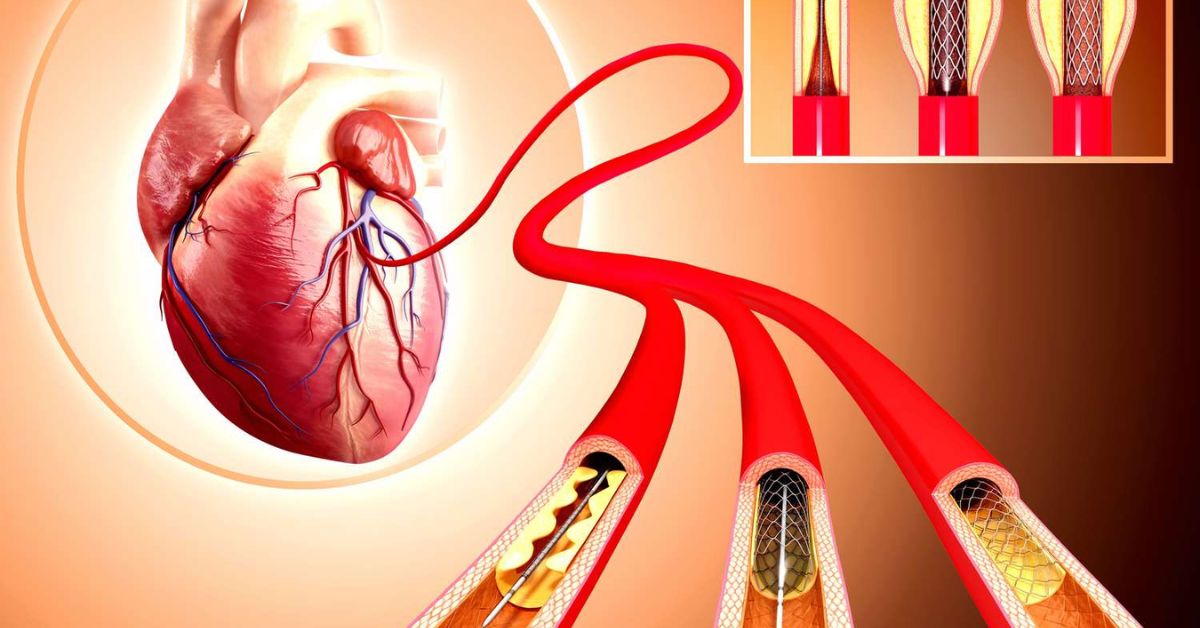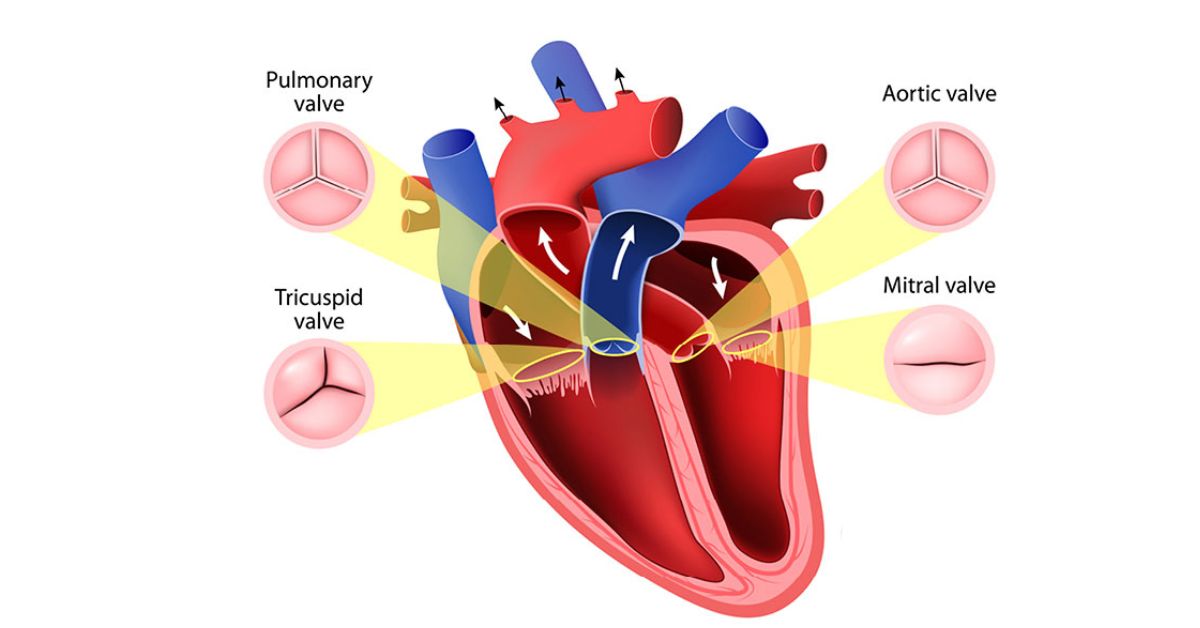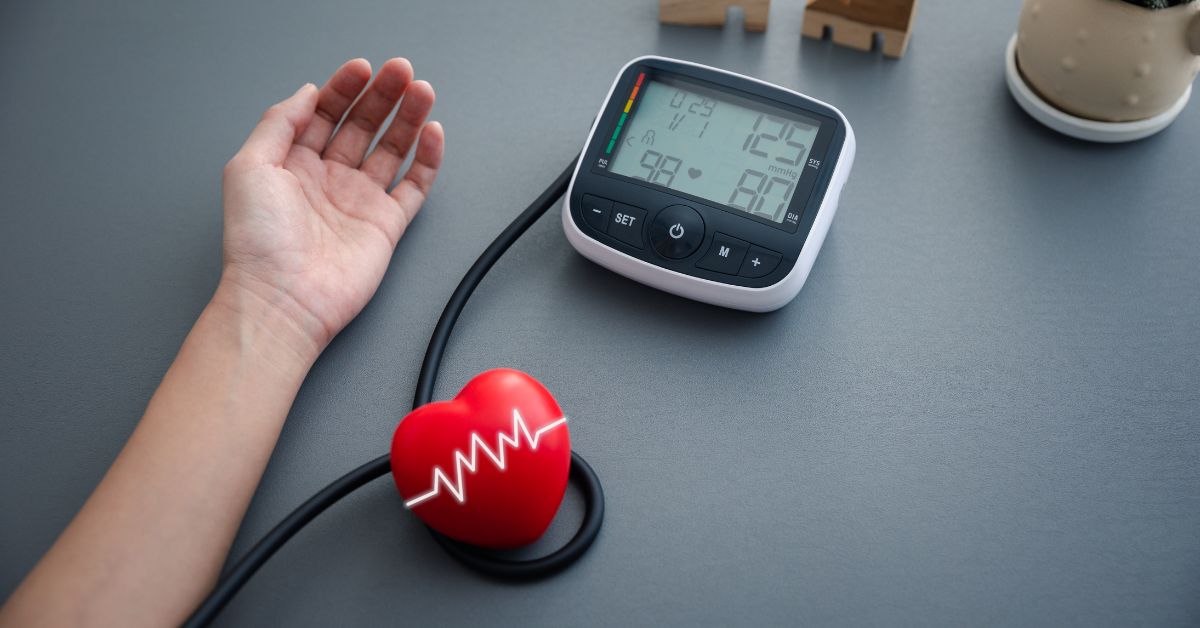A racing heart can be alarming, but you’re not powerless against it. This “3 Ways to Reduce Heart Rate When Heart Beats Fast You Should Know” comprehensive guide explores three effective methods to slow down your heartbeat. Along with essential information about tachycardia and long-term heart health strategies. Whether you’re dealing with stress-induced palpitations or seeking to optimize your cardiovascular wellness, these expert-backed techniques will empower you to take control of your heart rate.
What is a Fast Heartbeat?
Understanding Tachycardia
Tachycardia, the medical term for a rapid heart rate, occurs when your heart beats faster than 100 beats per minute (BPM) at rest. While occasional episodes are normal, persistent tachycardia can signify underlying health issues.
Common Causes of Fast Heartbeat
Several factors can trigger a rapid heartbeat:
Stress and Anxiety
The body’s fight-or-flight response can accelerate your heart rate.
 Your heart rate may increase due to the fight-or-flight response in your body
Your heart rate may increase due to the fight-or-flight response in your body
Caffeine and Alcohol
These stimulants can increase heart rate and blood pressure.
Dehydration
Insufficient fluid intake can make your heart work harder to pump blood.
Medication Side Effects
Some drugs, particularly stimulants, may cause tachycardia.
Underlying Medical Conditions
Conditions like hyperthyroidism or heart disease can lead to an elevated heart rate.
When to Seek Medical Attention
| Symptom | Action |
|---|---|
| Chest pain | Seek immediate medical care |
| Shortness of breath | Contact your doctor promptly |
| Fainting | Go to the emergency room |
| Persistent rapid heartbeat | Schedule a check-up |
If you experience severe symptoms or a heart rate over 120 BPM at rest, consult a healthcare professional without delay.
3 Simple Ways to Reduce a Fast Heartbeat
1. Deep Breathing Techniques
Benefits of Deep Breathing
Deep breathing activates the parasympathetic nervous system, naturally slowing your heart rate and promoting relaxation.

The parasympathetic nervous system is triggered by deep breathing, which naturally lowers heart rate and encourages relaxation.
Deep Breathing Exercises
Box Breathing
- Inhale for 4 seconds
- Hold for 4 seconds
- Exhale for 4 seconds
- Hold for 4 seconds
- Repeat 4-5 times
4-7-8 Breathing
- Inhale for 4 seconds
- Hold for 7 seconds
- Exhale for 8 seconds
- Repeat 3-4 times
2. Splash Cold Water on Your Face
How Cold Water Affects Heart Rate
The mammalian diving reflex, triggered by cold water on your face, can rapidly slow your heart rate.
Safety Precautions and Tips
- Use cool, not ice-cold water
- Avoid if you have certain heart conditions
- Pat your face dry gently afterward
3. Hydration: Drink More Water
Dehydration and Heart Rate
Proper hydration helps maintain blood volume, reducing strain on your heart.
How Much Water to Drink
| Activity Level | Daily Water Intake |
|---|---|
| Sedentary | 8-10 cups |
| Moderate | 10-12 cups |
| Active | 12-16 cups |
Adjust based on climate, body size, and individual needs.
Lifestyle Changes for Long-Term Heart Health
Stress Management Techniques
Yoga and Meditation
Regular practice can lower resting heart rate and improve heart rate variability.
Exercise and Physical Activity
Aim for 150 minutes of moderate-intensity aerobic activity weekly to strengthen your heart.
Dietary Adjustments
Limiting Caffeine and Alcohol
Reduce intake to minimize stimulant effects on your heart.

Lower caffein consumption to lessen the impact of stimulants on your heart.
Eating a Balanced Diet
Focus on:
- Omega-3 rich fish
- Whole grains
- Leafy greens
- Berries
- Lean proteins
Regular Checkups with Your Doctor
Schedule annual physicals to monitor your heart health and catch potential issues early.
FAQs About “3 Ways to Reduce Heart Rate When Heart Beats Fast You Should Know!”
Q: What are the symptoms of a fast heartbeat?
A: Common symptoms include palpitations, shortness of breath, dizziness, and fatigue.
Q: When should I call 911 or go to the emergency room?
A: Seek immediate help if you experience chest pain, severe shortness of breath, or loss of consciousness.
Q: How can I prevent a fast heartbeat?
A: Manage stress, stay hydrated, exercise regularly, and maintain a heart-healthy diet.
Q: Are there any medications for a fast heartbeat?
A: Yes, beta-blockers and antiarrhythmic drugs may be prescribed by a doctor for certain conditions.
Q: What should I do if my heart rate is consistently fast?
A: Consult a cardiologist for a thorough evaluation to rule out underlying heart conditions.
Scientific Researchs on “3 Ways to Reduce Heart Rate When Heart Beats Fast You Should Know!”
- Deep Breathing Techniques:
- Jerath, R., et al. (2006). “Physiology of long pranayamic breathing: Neural respiratory elements may provide a mechanism that explains how slow deep breathing shifts the autonomic nervous system.” Medical Hypotheses, 67(3), 566-571.
- This study explores the physiological mechanisms behind how deep breathing affects the autonomic nervous system and heart rate.
- Cold Water Face Immersion:
- Shattock, M. J., & Tipton, M. J. (2012). “‘Autonomic conflict’: a different way to die during cold water immersion?” The Journal of Physiology, 590(14), 3219-3230.
- While this study focuses on the broader effects of cold water immersion, it includes valuable information about the impact on heart rate.
- Hydration and Heart Rate:
- González-Alonso, J., et al. (1995). “Dehydration markedly impairs cardiovascular function in hyperthermic endurance athletes during exercise.” Journal of Applied Physiology, 79(5), 1487-1496.
- This research demonstrates the relationship between hydration status and cardiovascular function, including heart rate.
- General Heart Rate Variability and Control:
- Task Force of the European Society of Cardiology and the North American Society of Pacing and Electrophysiology (1996). “Heart rate variability: Standards of measurement, physiological interpretation, and clinical use.” Circulation, 93(5), 1043-1065.
- This seminal paper provides comprehensive guidelines on heart rate variability, which is closely related to heart rate control.
- Lifestyle Interventions for Heart Rate Management:
- Cornelissen, V. A., & Smart, N. A. (2013). “Exercise training for blood pressure: a systematic review and meta-analysis.” Journal of the American Heart Association, 2(1), e004473.
- This meta-analysis examines the effects of exercise on various cardiovascular parameters, including heart rate.
Conclusion: Taking Control of Your Heart Rate
By implementing these strategies and maintaining awareness of your heart health, you can effectively manage episodes of rapid heartbeat and promote cardiovascular wellness. Remember, your heart is a powerhouse – treat it with care, and it will serve you well for years to come.
References
https://www.vinmec.com/eng/article/how-to-lower-your-heart-rate-at-home-en
https://www.webmd.com/heart-disease/how-to-lower-your-heart-rate
Kiểm Duyệt Nội Dung
More than 10 years of marketing communications experience in the medical and health field.
Successfully deployed marketing communication activities, content development and social networking channels for hospital partners, clinics, doctors and medical professionals across the country.
More than 6 years of experience in organizing and producing leading prestigious medical programs in Vietnam, in collaboration with Ho Chi Minh City Television (HTV). Typical programs include Nhật Ký Blouse Trắng, Bác Sĩ Nói Gì, Alo Bác Sĩ Nghe, Nhật Ký Hạnh Phúc, Vui Khỏe Cùng Con, Bác Sỹ Mẹ, v.v.
Comprehensive cooperation with hundreds of hospitals and clinics, thousands of doctors and medical experts to join hands in building a medical content and service platform on the Doctor Network application.


























